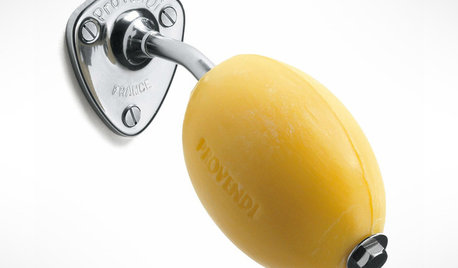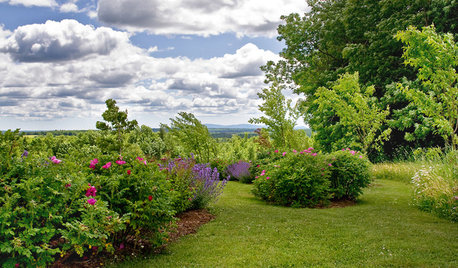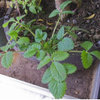Brush in Cap Bottle - Roundup
aclum
15 years ago
Related Stories

PRODUCT PICKSGuest Picks: A Tidy Roundup of Cleaning Supplies
Practical and pretty cleansers and cleaning accessories to make housecleaning chores a pleasure
Full Story
BATHROOM DESIGN18 Sumptuous Vanities for Singular Bathrooms
Uncommonly beautiful or dazzlingly detailed, these dream vanities bring a rarefied air to bathrooms
Full Story
FUN HOUZZDoes Your Home Have a Hidden Message?
If you have ever left or found a message during a construction project, we want to see it!
Full Story
PETSSo You Want to Get a Cat
If you're a cat lover, the joys outweigh any other issue. If you haven't lived with one yet, here are a few things to know
Full Story
BATHROOM DESIGNStyle Up Your Bathroom Storage
Consider these ideas for attractively displaying your towels, toiletries and other bathroom essentials
Full Story
BATHROOM VANITIESBetter Places to Stash That Soap
Banish gloppy bars and flimsy pumps, and the only things you’ll need to clean are your hands
Full Story
LANDSCAPE DESIGNSmall Garden? You Can Still Do Bamboo
Forget luck. Having bamboo that thrives on a wee plot just takes planning, picking the right variety, and keeping runners in check
Full Story
LANDSCAPE DESIGNYour Mini Guide to Great Garden Edges
Get the scoop on trenches to the skinny on bender board, to help keep your garden beds as tidy as you like
Full Story
BATHROOM DESIGN7-Day Plan: Get a Spotless, Beautifully Organized Bathroom
We’ve broken down cleaning and decluttering the bath into daily, manageable tasks
Full Story
SHOWERSYour Guide to Shower Floor Materials
Discover the pros and cons of marble, travertine, porcelain and more
Full Story






Kimmsr
aclumOriginal Author
Related Professionals
Belmont Landscape Architects & Landscape Designers · Anderson Landscape Contractors · Stoughton Landscape Contractors · Bristol Landscape Contractors · Cicero Landscape Contractors · Del Aire Landscape Contractors · El Sobrante Landscape Contractors · Fair Oaks Landscape Contractors · Fort Worth Landscape Contractors · Fuquay-Varina Landscape Contractors · New Providence Landscape Contractors · Porterville Landscape Contractors · Tehachapi Landscape Contractors · Wallingford Landscape Contractors · Sun Valley Landscape Contractorshortster
aclumOriginal Author
Kimmsr
maifleur01
aclumOriginal Author
hortster
Kimmsr
hortster
JAYK
Kimmsr
JAYK
hortster
Kimmsr
hortster
Kimmsr
hortster
Kimmsr
hortster